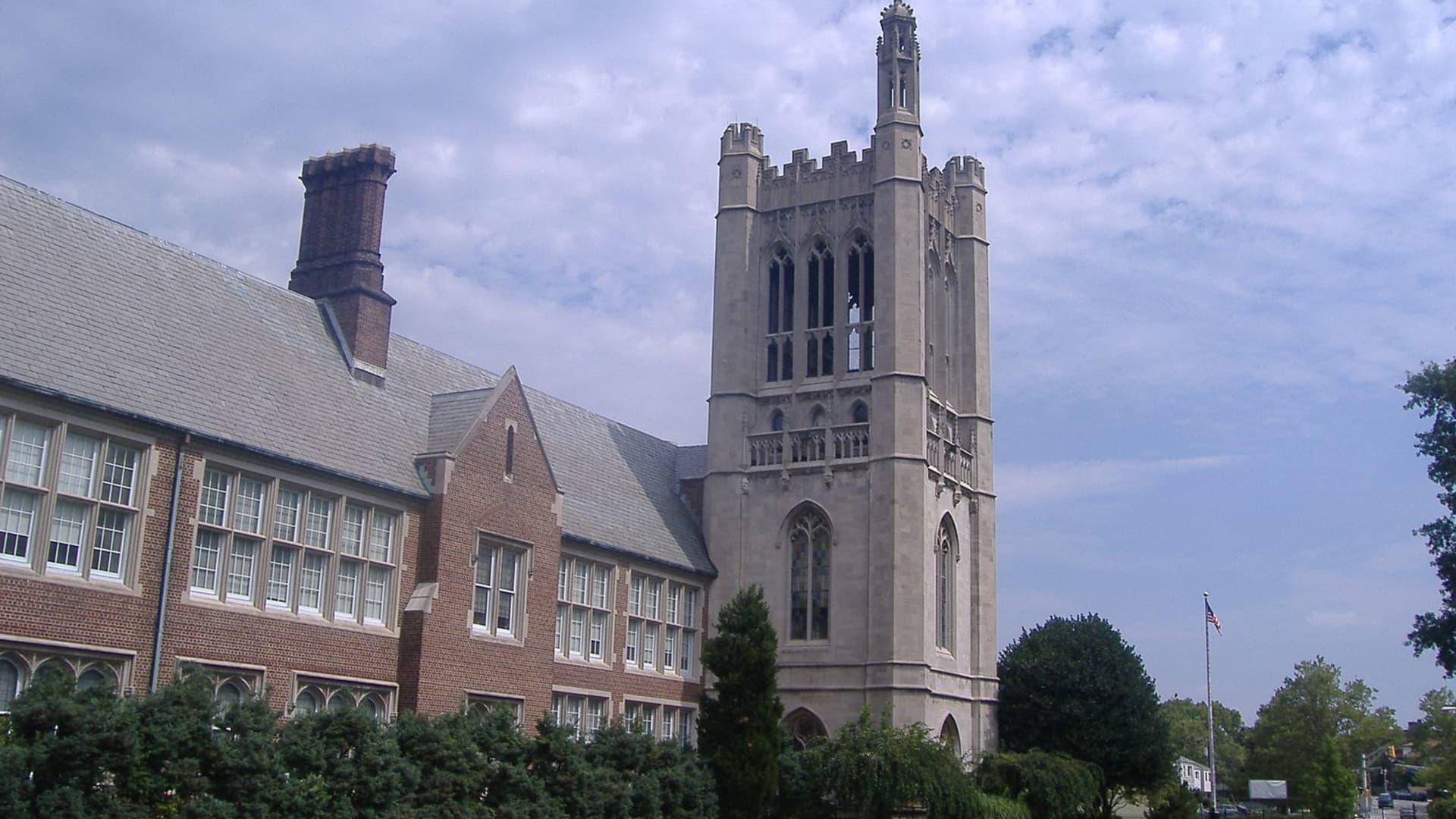Products You May Like
Increasingly, high school students are rethinking the value of college, with a growing number of them questioning the return on investment. Some have decided against a four-year degree.
To be sure, undergraduate enrollment was falling even before the pandemic, but remote learning — coupled with the sky-high cost of college — triggered a nosedive. The number of undergraduates enrolled in college nationwide is now down 9.4% compared to two years ago — a loss of nearly 1.4 million students.
Those steep declines caused tuition revenue to fall, putting some schools in financial jeopardy. A few have had to shut down entirely.
More from Personal Finance:
This is the best time to apply for college financial aid
GOP challenges to Biden’s forgiveness plan put the relief at risk
Everything parents need to know about student loan forgiveness
“I worry that the trend is going to continue because nobody is doing anything to improve affordability, and universities are going to continue to suffer,” said Hafeez Lakhani, founder and president of Lakhani Coaching in New York City.
More colleges are struggling financially
Lincoln College in Lincoln, Illinois, closed at the end of the spring semester.
“Lincoln College has been serving students from across the globe for more than 157 years,” President David Gerlach said. “The loss of history, careers and a community of students and alumni is immense.”
The San Francisco Art Institute closed after 150 years. Marymount California University in Rancho Palos Verdes and Becker College in Worcester, Massachusetts, also recently shut their doors. As have other institutions across the country.
The number of colleges closing down in the past 10 years has quadrupled compared with the previous decade, according to a report in The Wall Street Journal.
Heading into the 2022-2023 academic year, New Jersey City University declared a financial emergency.
“A national trend of declining enrollment for college-aged students has resulted in a long-term erosion in the university’s ability to operate,” said Joseph Scott, chair of the Jersey City, New Jersey, school’s board of trustees, in a statement.
Funding cuts have created a ‘crunch’ for smaller schools
At the same time, deep cuts in state funding for higher education have pushed more of the costs on to students and paved the way for significant tuition increases.
Meanwhile, college costs are still rising. Tuition and fees plus room and board for a four-year private college averaged $55,800 in the 2021-2022 school year; at four-year, in-state public colleges, it was $27,330, according to the College Board.
“The real issue is that federal support for students and state support for students has been declining,” said Barbara Mistick, president of the National Association of Independent Colleges and Universities. “It’s inevitable there will be a crunch somewhere along the line.”
Not all schools are struggling, however. In fact, the country’s most elite institutions are faring better than ever.
Smaller, less selective schools — and those serving low- and middle-income students — have been the hardest hit.
Nobody is doing anything to improve affordability, and universities are going to continue to suffer.Hafeez Lakhanifounder and president of Lakhani Coaching
“If those schools are closed, you are going to have a real gap in access,” Mistick said.
College is becoming a path for only those with the means to pay for it, other reports also show. “The real challenge is that high school students are looking for an affordable school,” she said.
Consider a college’s finances before you enroll
If college is on the horizon, applicants would be wise to look into a school’s financial standing, Mistick advised. “Do research, know the community you are joining,” she said. “Talk to students on campus, talk to faculty before you enroll.”
There may be other consequences of a college’s financial distress that could affect your education or degree.
To stay afloat, some colleges have cut faculty and slashed areas of academic study, including programs in sociology, creative writing, music and religion.
“Entire philosophy departments, history departments are closing down,” Lakhani said.
